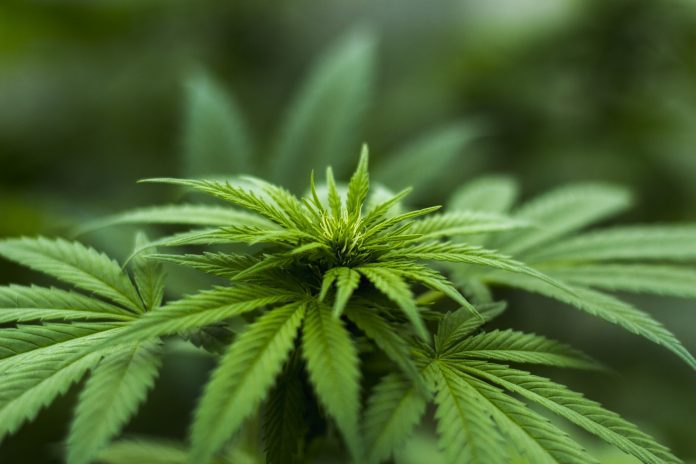Donald Trump just signed the 2018 Farm Bill, legalizing industrial hemp in the United States — a variety of cannabis that does not produce the psychoactive component of marijuana — paving the way to legitimacy for an agricultural sector that has been operating on the fringe of the law. This is a moment long-awaited by the cannabis industry. The legislation will officially go into effect in January.
The signing ceremony represents the culmination of a months-long debate over various provisions of the wide-ranging agriculture legislation. But after the House and Senate Agriculture Committees reconciled their respective versions, the final Farm Bill easily passed in full floor votes last week.
The hemp provision, which was secured in the final version of the bill under the leadership of Senate Majority Leader Mitch McConnell (R-KY), will allow farmers to apply to cultivate and sell the crop. The industry will be lightly regulated by the U.S. Department of Agriculture.
With hemp’s legalization, CBD is bound to become even more visible.
Historically, hemp has not been used as a drug. It has less than 0.3 percent of THC, the psychoactive cannabinoid that gets consumers high, and instead has typically been used for industrial products like paper and textiles. But since 1970, the Controlled Substances Act has categorized all forms of cannabis plants, hemp included, as a Schedule I drug, making it illegal to grow and sell in any form, as well as other drugs like heroin, LSD and some deadly synthetic opioids. While other strains of cannabis with higher concentrations of THC, the primary psychoactive compound in marijuana, can get people high, hemp does not.
In Canada, where cannabis for recreational use is legal under federal law, some of the largest licensed pot producers have been eyeing or actively trying to capture the CBD market via hemp-related expansion.
Now, after months of debate on various other aspects of the legislation, the Farm Bill has finally arrived on the president’s desk—and with Trump’s signature, the long-awaited end of hemp prohibition.
With the growing and selling of hemp now legal, greater access to CBD could mean more substantial trials and more definitive research into its purported health benefits. And it will certainly be a boon to the CBD industry.
Don’t miss: CBD Oil benefits for Cancer, Pain, Anxiety, and Rheumatoid Arthritis
